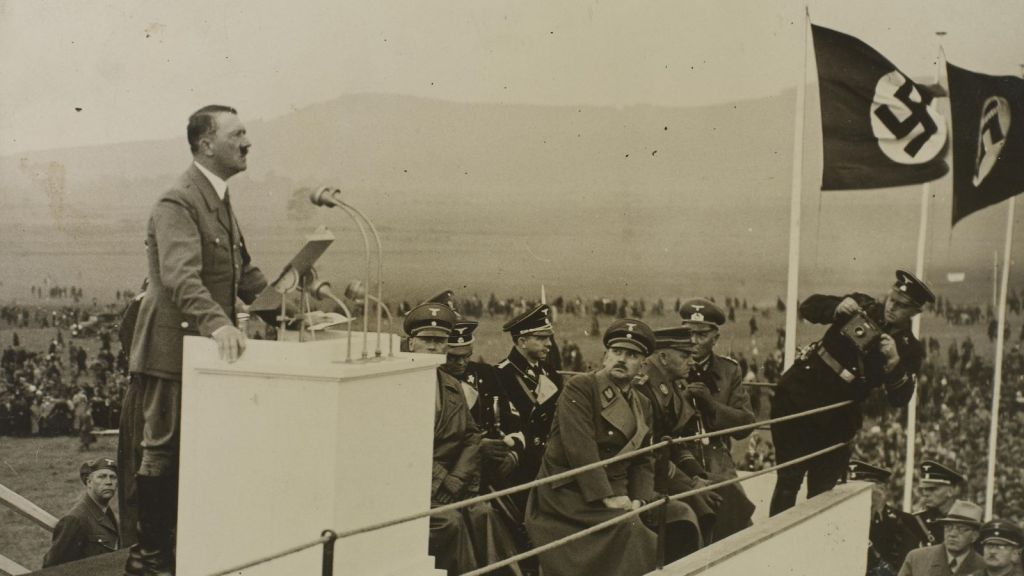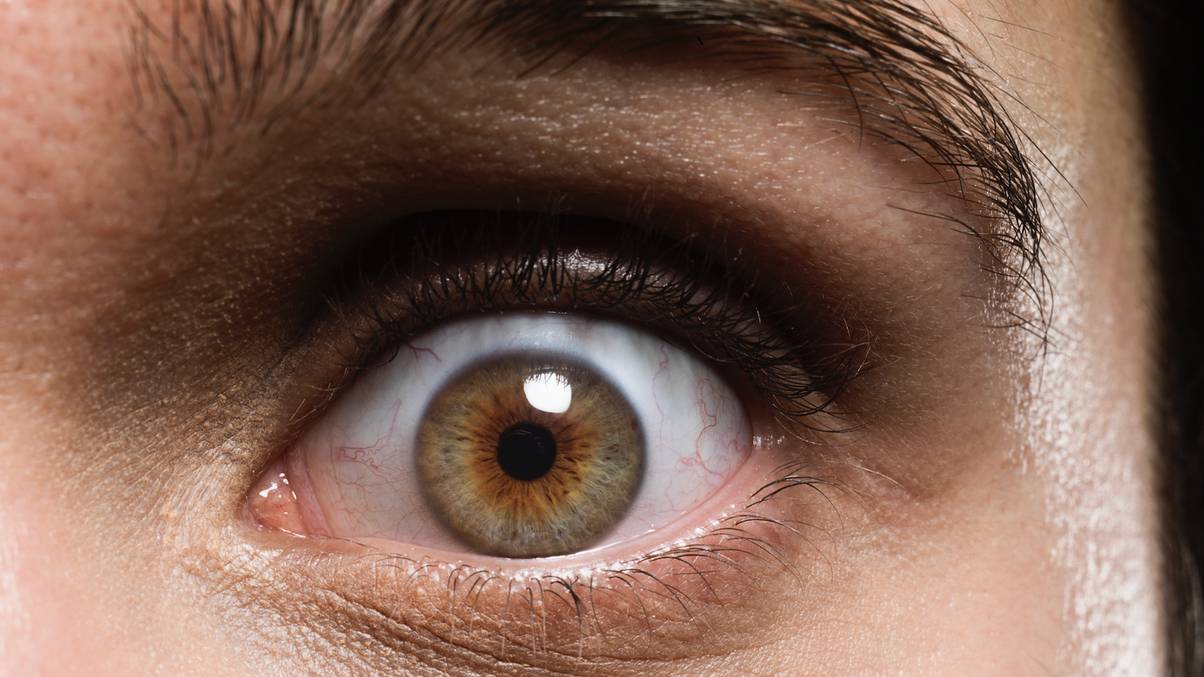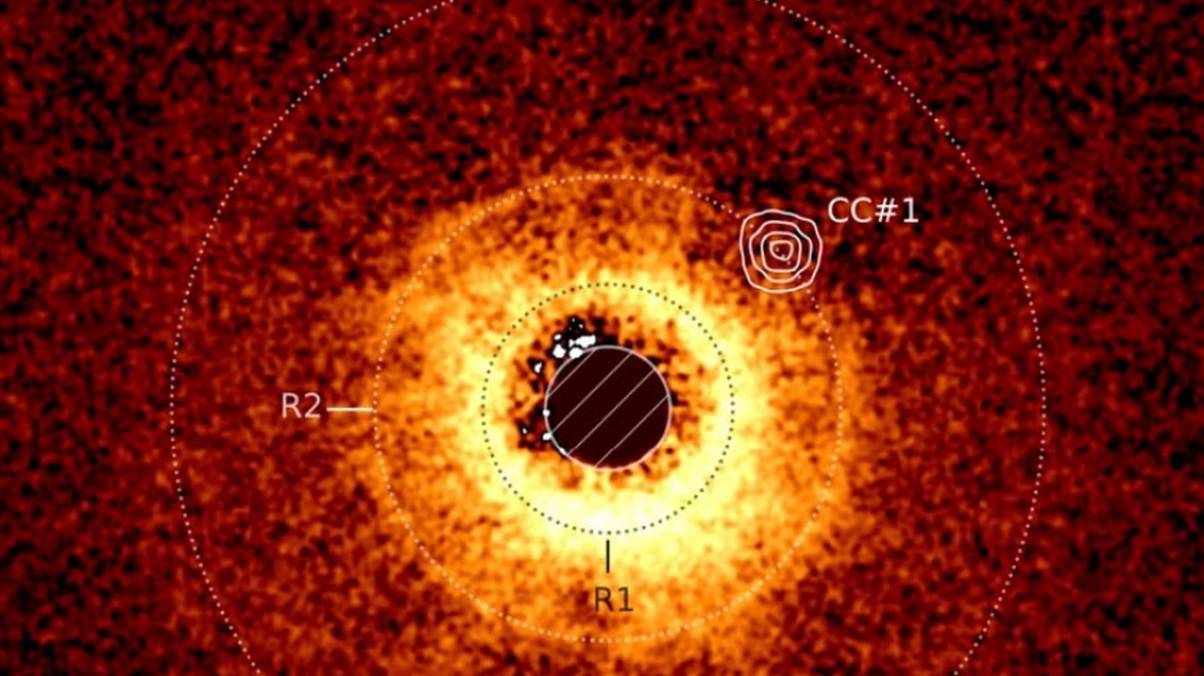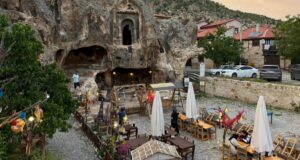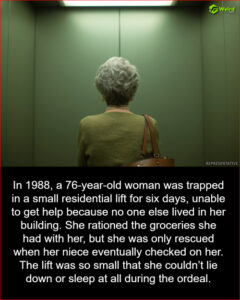“Unmasking Power: The 16 Fearless Leaders Who Redefined the 20th Century Through Ruthlessness and Vision”
His regime’s economic policies led to widespread poverty and hardship, fueling discontent among the population. CeauÈescu’s paranoia, megalomania, and disconnect from the realities faced by the Romanian people ultimately led to a popular uprising in 1989, resulting in his overthrow and execution.
12. Mobutu Sese Seko (Zaire/Democratic Republic of the Congo)

Mobutu Sese Seko, the president of Zaire (now the Democratic Republic of the Congo), presided over a kleptocratic regime marked by rampant corruption, economic mismanagement, and human rights abuses. He amassed vast personal wealth while his country suffered from poverty, conflict, and instability.
Mobutu’s rule was characterized by a cult of personality, political repression, and a disregard for the welfare of his people. His regime’s excesses and exploitation of the country’s resources led to economic collapse, social unrest, and his eventual overthrow in 1997.
13. Slobodan Milosevic (Yugoslavia/Serbia)

Slobodan Milosevic, the president of Yugoslavia and later Serbia, played a key role in the bloody breakup of Yugoslavia in the 1990s. His nationalist policies and rhetoric fueled ethnic conflict and led to the Srebrenica genocide, in which Bosnian Serb forces killed over 8,000 Bosniak Muslim men and boys.
